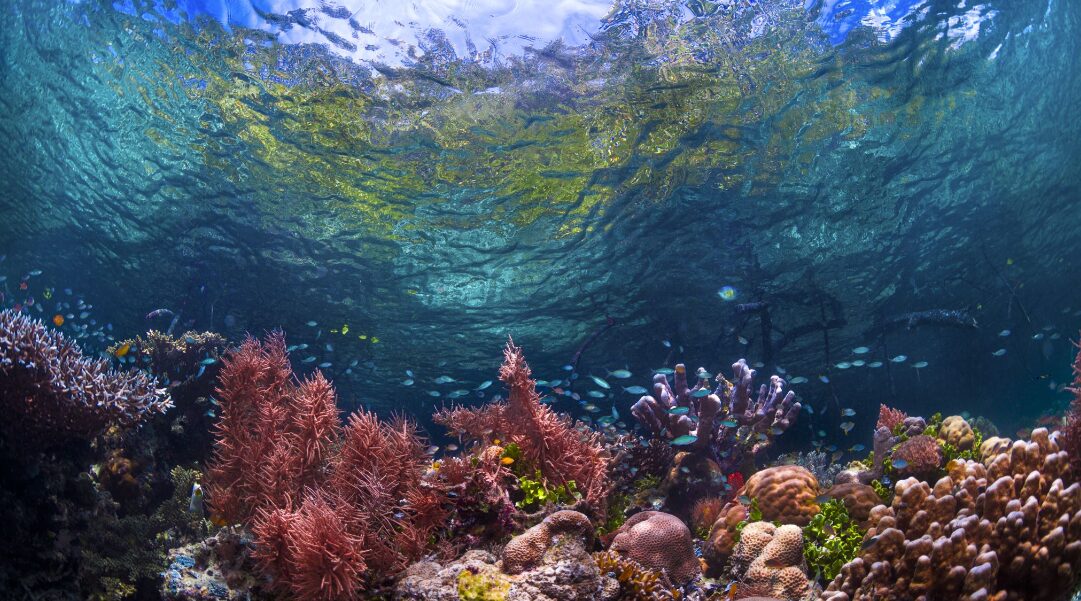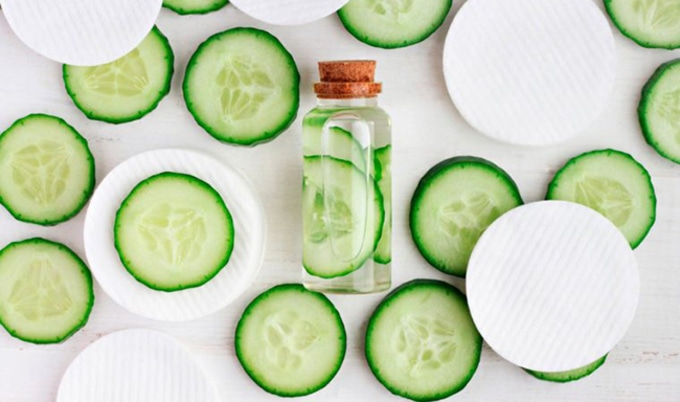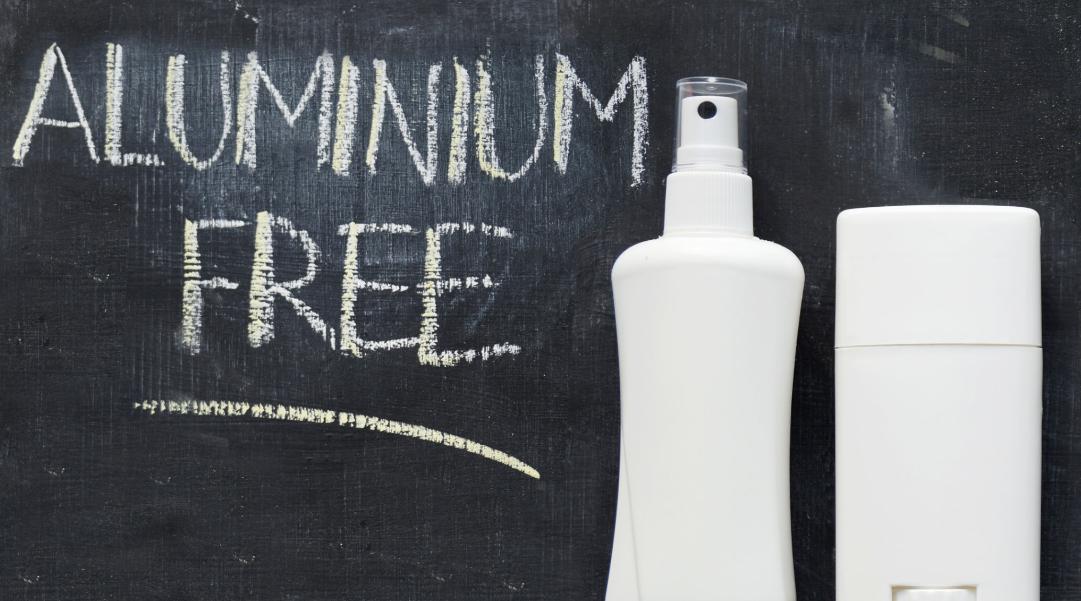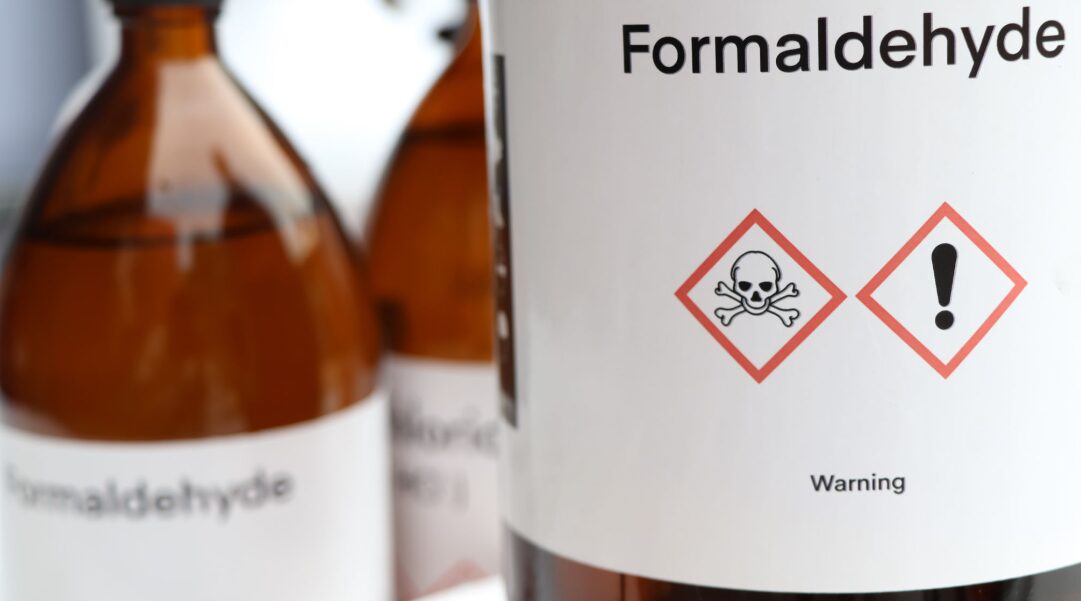Category: Skincare
-

5 Most Harmful Ingredients in your Sunscreen
Prominent organizations such as the Environmental Working Group (EWG) and Consumer Reports continuously caution consumers against the use of traditional sunscreens particularly for kids. The reason is clear. Even if these products are meant to protect the skin from UV rays, some of the ingredients can be detrimental to your bodies. Over the counter SPF…
-

Top 5 Sunscreen Alternatives for Healthy Protected Skin
Consumers who purchase commercial sunscreen immediately look at the trademark, price, and Sun Protection Factor or SFP. This measures sunscreen protection capacity from harmful UVB rays. People seem to trust brands that recognize and understand that merchandise with higher SFP offers more protection for their skin. Use of Chemicals Here’s one thing the ordinary consumer…
-

What is Reef-Safe SPF?
Sun Protection Factor is crucial as protection from possible skin cancer which is the most common form of cancer in the United States. However, the SPF you use can also cause damages somewhere else. The New York Times published an article saying around 14,000 tons of this product end up in oceans every year specifically…
-

Why you should Skip Soda?
Recent research revealed the average American adult consumes around 38 gallons of soda (carbonated beverage) which is definitely not good for the health. It’s a lot better if you drink nourishing beverages like pure fruit juices and water instead of soda. Otherwise, you don’t get the necessary nutrients the body needs. Besides, soda will not…
-

Get Ready for Summer Skin Care
There are many ways to protect your skin from the blistering summer heat. One is to choose a sun screen with Sun Protection Factor of 15 and above. SPF Sun Protection Factor refers to the sunscreen’s capacity to safeguard the skin from UVB or short wave ultraviolet rays. This type of radiation can produce sunburn,…
-

Importance of Natural Skincare
Many women (and even men) use skincare products every day. Our bodies absorb more than half of lotions, moisturizers and astringents that we use. Problems arise if the products contain toxic ingredients that affect the immune system as well as detoxification processes. Our bodies can even store these harmful chemicals for months or years. Natural…
-

What are Toxic Cosmetics?
Cosmetics contain numerous harmful chemicals. Thus, it’s advisable to swap commercial makeup products like your lipstick, foundation, or mascara for natural varieties. The Food and Drug Administration (FDA) does not compel cosmetics manufacturers to perform safety evaluation procedures. That is why some companies can easily conceal harmful ingredients by using misleading or confusing labels such…
-

How is Aluminum Harmful in Skincare?
Aluminum refers to a common chemical element and material with different uses. We can find this compound in household necessities, paints, medicines, vaccines, lighting fixtures, paper, ceramics, glass, propellants, and heat-resistant fibers. Aluminum substances are also used in artificial coloring, baking powder, and soy-based infant milk (in certain cases). Studies show the human body does…
-

Formaldehyde in Skincare
How many chemicals do your personal skincare products contain? What are the negative effects of these substances? These are just a couple of questions to ask regarding these over the counter commodities. Now, read the following information from a few government and international agencies. Formaldehyde is found in the following products: nail polish and glue,…
-

Is there Lead in your Skincare?
Lead belongs to the heavy metal category like aluminum, arsenic, chromium, iron, mercury, and zinc. Heavy metal elements are present in soils and rocks. Some of these metals like zinc and iron are vital to life but only at minimal levels. Lead, mercury, and cadmium can be poisonous. Metals accumulate in different body organs. You…
